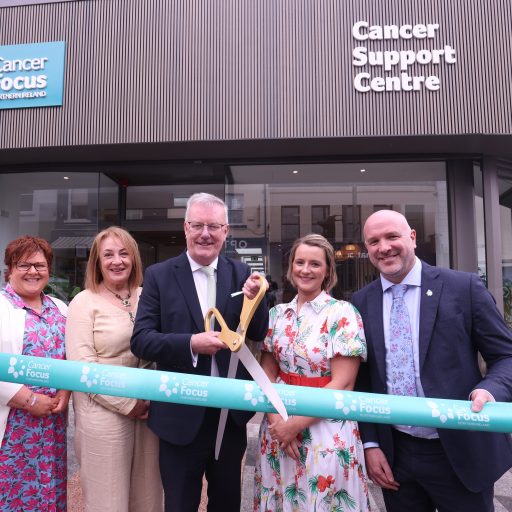More support needed for cancer patients
Recommendations to improve support for cancer patients in Northern Ireland have been published by Queen’s University Belfast and Cancer Focus NI.
The report ‘Dying with Cancer – Perspectives of Bereaved Relatives and Friends’ has identified key factors influencing what enables cancer patients to die at home.
The report recommends addressing these key factors urgently as the number of cases of cancer, which has increased 40% over the past 20 years, is now set to rise by a further 66% over the next 20 years.
Home death
Factors linked with achieving a home death include:
- good communication about end of life care
- a key health care worker linking with the patient and family
- relatives and carers providing help in the home.
While almost three quarters (74.7%) of those interviewed expressed a preference to die at home, only over a third (38.2%) of patients actually died at home, 41.1% in hospital, 12.0% in a hospice and 8.8% in a care home.
The report was compiled by researchers from the NI Cancer Registry at the Centre for Public Health at QUB, and was funded by Cancer Focus NI. Information from 467 relatives/carers of cancer patients in Northern Ireland who died in the period December 2011 – May 2012 was analysed.
Monitoring essential
The report ‘Cancer incidence trends 1993-2013 with projections to 2035’ recognises that monitoring trends in the incidents of cancer is essential if high quality cancer services in Northern Ireland are to be maintained and resourced.
The report, compiled by Dr David Donnelly, NI Cancer Registry, details cancer trends over the past 21 years and predictions for new cancers up to 2035.
Numbers are expected to double for many cancers, with an overall increase of approximately two thirds. This is largely driven by the ageing population, as cancer is more common in older people, and has implications for service provision. The report says prevention by addressing lifestyle factors (tobacco, diet, obesity, alcohol, exercise) will reduce the burden, along with HPV vaccination.
The report summary and full report are available for download.








